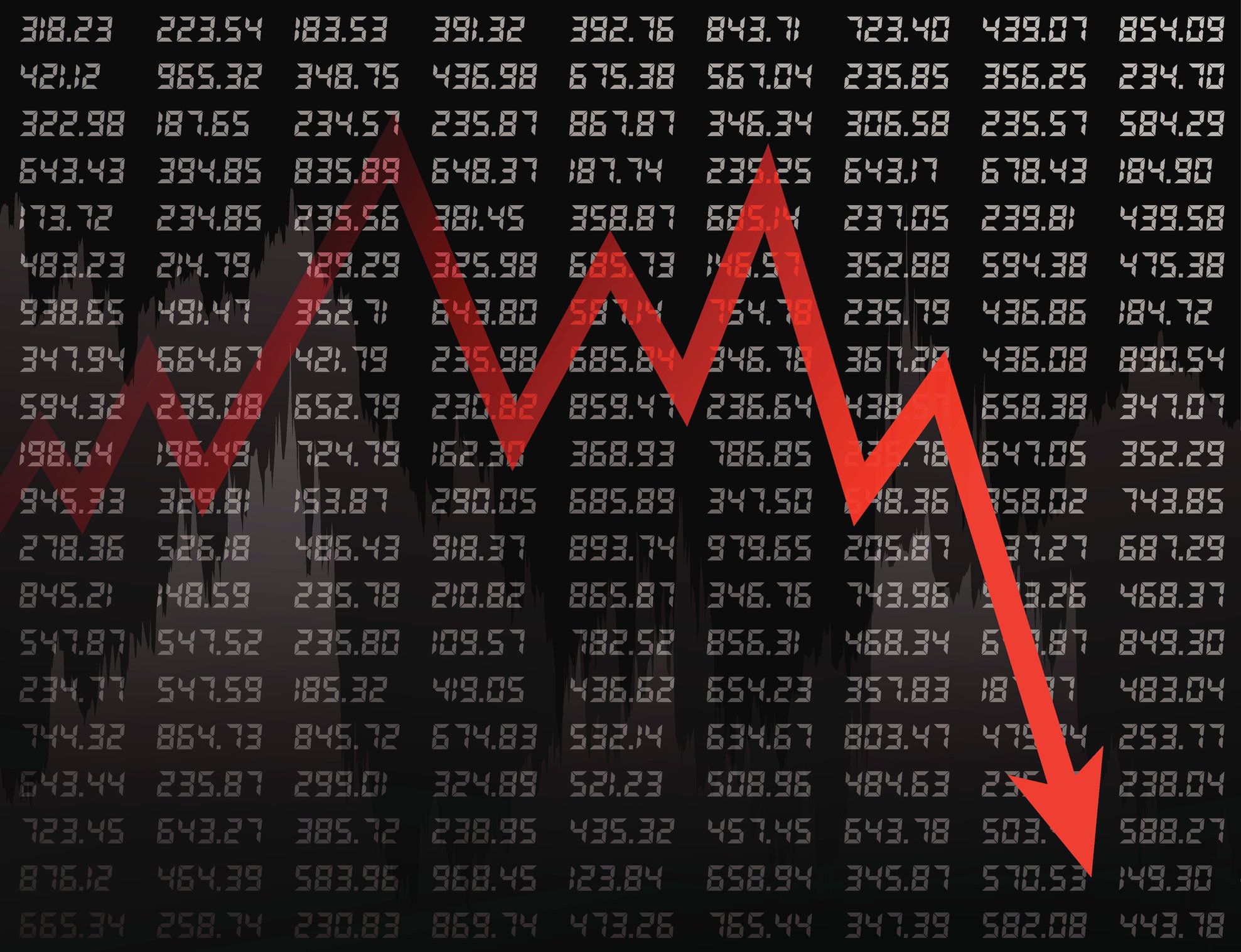The electric vehicle (EV) industry is facing a multitude of headwinds right now. Tariffs, rising EV prices, and a worsening political environment for electric vehicles are causing turmoil among automakers. And the effects are being felt among the broader EV industry, including for electric vehicle charging company ChargePoint (CHPT 1.98%).
The company's share price has fallen 60% over the past year and is now priced below $1. The pullback has some investors wondering whether they should buy the beaten-down EV stock. Here's why you shouldn't.

Image source: Getty Images.
High EV prices could stall adoption rates
EV sales are increasing in the U.S., but it's been slow going. Electric vehicles accounted for 8.1% of vehicle sales last year, a modest increase from 7.8% in 2023. One of the biggest hurdles to their adoption is that they're far too expensive for many buyers.
The average transaction cost for a new electric vehicle was $59,200 in April, up nearly 4% from the same time last year, and 23% more expensive than the average selling price for gas-powered vehicles.
ChargePoint doesn't sell EVs, but for the company's electric vehicle charging station business to do well, it needs Americans to begin adopting EVs at a much higher rate -- and they won't do that if prices continue rising. ChargePoint does operate in Europe, Mexico, and Canada, but the vast majority of its business is in the U.S., making it very dependent on American EV adoption rates.
Tariffs and EV credit rollbacks could kneecap EVs further
The political climate isn't exactly conducive to further EV growth, and as an EV investor myself, I think this is one of the biggest problems for the industry right now.
Tariffs on automotive imports are already negatively impacting U.S.-based EV makers, including Rivian and Lucid. Both companies said on their recent earnings calls that tariffs are making the cost of vehicle production rise, sometimes by thousands of dollars.
While some tariffs are paused and others are being negotiated, investors need to understand that uncertainty around them couldn't be any higher. Ford Motor Company, Stellantis, and General Motors all recently pulled their 2025 guidance because of uncertainty around tariffs.

NYSE: CHPT
Key Data Points
What's more is that Republicans in the House recently passed a bill that rolls back tax credit incentives for electric vehicle purchases, which are currently worth up to $7,500 for new EVs.The bill is headed to the Senate, and there are differing views on whether it'll pass, but the point is that the party currently in power is inhospitable toward EV credits.
With ChargePoint dependent on a strong EV industry, high tariffs, and the potential for EV tax credit elimination are significant problems.
ChargePoint's sales are in reverse, and it's not profitable
It's not just outside EV forces that are hurting ChargePoint; the company has its own problems as well. ChargePoint's sales dropped by 18% in fiscal 2025 to $417 million, and things don't seem to be getting better, considering that management says first-quarter 2026 sales will be $100 million at the midpoint of guidance, a nearly 7% drop from the year-ago quarter.
ChargePoint was able to increase its subscription sales by 20% last year, but its largest revenue segment -- networked charging system sales -- fell by 35%.
It's also important to note that ChargePoint isn't profitable. The company reported a non-GAAP (generally accepted accounting principles) net loss of about $159 million last year. That was an improvement from its loss of about $297 million in 2024, but with sales falling, it's going to be very difficult for ChargePoint to continue narrowing its losses.
Avoid ChargePoint stock right now
ChargePoint's stock is technically cheap right now, with the company's price-to-sales multiple just 0.75. But just because it's cheap doesn't make it a good value.
I think the company and the broader EV industry will continue to face serious headwinds over the next few years that could slow growth further. With ChargePoint already seeing sales falling before some of the outside hurdles like tariffs and political turmoil showed up, I think it has too many obstacles to overcome right now for investors to hope for market-beating returns from its stock any time soon.





